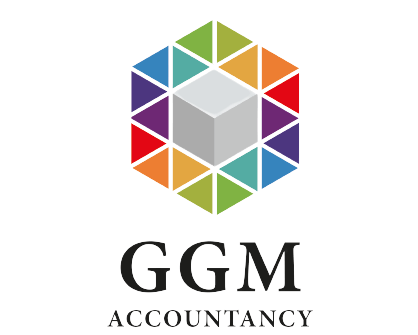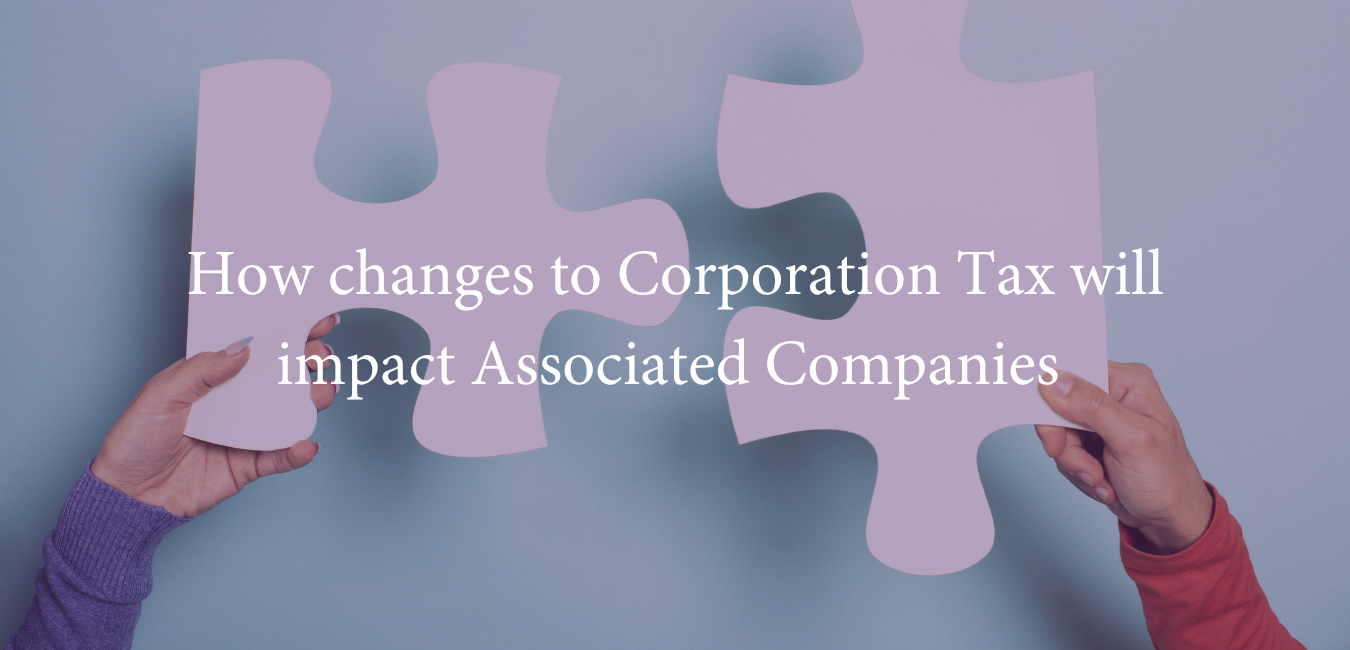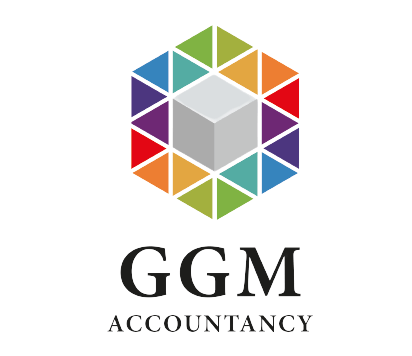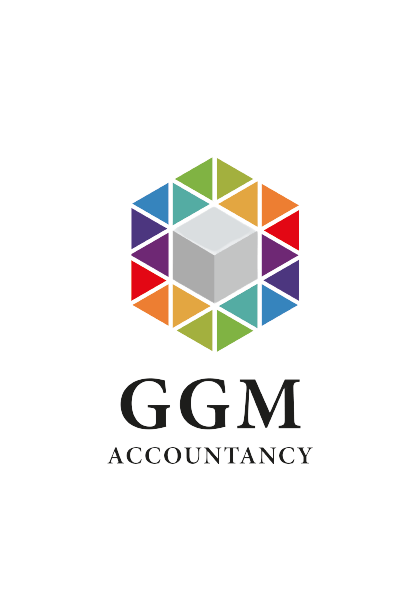How changes to Corporation Tax will impact Associated Companies
Rates of Corporation Tax
Companies with taxable profits over £250,000 will pay corporation tax at the main rate of 25%. Companies with taxable profit of £50,000 or less will be subject to corporation tax at the rate of 19%, and companies with profit levels between £50,000 and £250,000 will pay tax at 25%, reduced by marginal relief.
These changes also contain some sophisticated legislation that will impact what rate of corporation tax you will pay for Associated Companies.
What is an Associated Company?
Broadly a company is associated with another company if at any time within the preceding 12 months one company has control of the other or if both are under the control of the same company or person or persons.
There are limited exceptions for an associated company rules including:
A company will not be treated as an associate of another if it is a passive holding company (broadly where a company only receives dividends from its subsidiaries and pays these to its shareholders, and the company receives no other income or expenses).
Where businesses are owned by associates of that person (or persons), if the relationship between one or more companies is not one of substantial commercial interdependence, they will not be deemed as associated.
The following factors should be taken into account in determining whether a relationship between two companies amounts to substantial commercial interdependence. The degree to which the companies are:
- Organisationally interdependent:
- Two companies are ‘organisationally interdependent’ if (in particular) the businesses of the companies have or use common management, common employees, common premises, or common equipment.
- Companies share premises, equipment, staff, or management.
- Economically interdependent:
- Two companies are ‘economically interdependent’ if the companies seek to realise the same economic objective, the activities of one benefit the other, or the companies have common customers.
- Financially Interdependent
- Two companies are ‘financially interdependent’ if one gives financial support (directly or indirectly) to the other, or each has a financial interest in the affairs of the same business.
Related 51% group company’ rules
The previous ‘related 51% group company’ rules have been repealed and replaced by the associated company rules with effect from 1 April 2023.
Accounting periods straddling this date will be split into two notional accounting periods and profits apportioned on a time basis. Profits apportioned to the first notional period will be taxed at 19% accordingly and the tax rate applied to profits of the second notional period will be determined by the number of companies associated at any time from 1 April 2023 until the end of that accounting period.
Under the previous rules, two companies were associated if they were within the same 51% group. However, from 1 April 2023, companies are now associated if one has control of the other, or if two or more companies are under the control of the same person or persons.
Corporation Tax implications for Associated Companies
Where companies are determined to be associated, the upper and lower limits are reduced, whereby the profit limits are divided equally among all the associated companies to determine the rate of tax payable.
This change now takes into account control by individuals and could, therefore, bring in companies which were previously not included.
For example, an individual directly holding 100% of the shares in four separate trading companies will see all four companies treated as associated from April 2023. In this example, each company will be subject to tax at the main rate of 25% when its profits exceed £62,500 (£250,000/4).
Quarterly instalment payments regime
As well as determining what rate of corporation tax will apply, associated companies will also need to be considered to establish whether a company is large or very large for the quarterly instalments payment regime.
How to comply with associated company rules
Firstly, you need to understand if you have associated companies. Start by looking at whether you, your family members, or business partners have stakes, or interests in multiple companies, and should that be the case, then it would be wise to seek professional advice to comprehend if associated company rules apply.
From there it may then be possible to review the structure of your businesses, to ensure compliance with the legislation, while exploring if any potential savings can be achieved when calculating your corporation tax liability.
Consideration could also be given to rationalising the number of entities within the group to reduce the number of associated companies. This could be achieved by consolidating active companies and/or dissolving any companies with small/negligible trades.
We Can Help!
Contact GGM Accountancy on 01733 247 500 if you would like further information about Corporation Tax or if you need any assistance with the preparation and submission of your business accounts or self-assessment tax returns to HMRC.
Menu
Get In Touch
Tel: 01733 247500
Email: admin@ggmaccountancy.co.uk
Office: Unit 12, Broadway Shopping Centre
Malting Square, Yaxley, Peterborough
PE7 3JJ
Sign Up To Our Newsletter
Contact Us
We will get back to you as soon as possible
Please try again later
Proud Partners Of
Menu
Get In Touch
Tel: 01733 247500
Email: admin@ggmaccountancy.co.uk
Office: 42 Tyndall Court, Commerce Road
Lynch Wood, Peterborough, PE2 6LR
Follow Us On Social Media
Sign Up To Our Newsletter
Contact Us
We will get back to you as soon as possible
Please try again later
All Rights Reserved | GGM Accountancy Ltd | Website designed by Onelink Media









